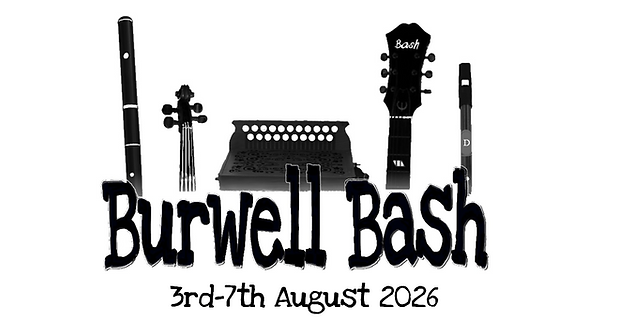The timetable for the course is below, covering all workshops, evening activities and sessions. Breaks are timetabled to allow all participants and tutors the opportunity to take regular, planned meal breaks. Times are displayed at GMT.

Requirements
We like to make it clear what our members can expect from the course and what the tutors expect from our members. We hope this will manage expectations and make our requirements clears. While our course is for intermediate and advanced players we want to make it explicit of what it looks like.
For Melodeon:
To participate on the Melodeon course you will need to understand the layout of the notes on your D/G melodeon on both the treble end and more importantly the bass end, as well as being proficient in playing tunes on your instrument. This class is taught through learning by ear and demonstration.
For Fiddle:
To participate on the Fiddle course you will need to be familiar with playing tunes in C, G, D, A and F; be able to play a selection of tunes you have learnt from memory and follow bowing and fingering patterns as directed. An ability to learn by ear is beneficial. This class is taught through learning by ear and demonstration.
For Flute and Whistle:
To participate on the Flute and Whistle course you will need to be familiar with playing tunes in D and G and have a willingness to attempt tunes with accidentals such as G#, Bb, Eb and F natural. We expect you to be able to play a selection of tunes you have learnt from memory and attempt any ornamentation which you know. An ability to learn by ear is beneficial. This class is taught through learning by ear and demonstration with emphasis on tunes and technique.
For Guitar:
To participate on the Guitar course you will need to be familiar with the basics of tune accompaniment; play common chords and chord patterns accurately in standard tuning; have some knowledge of strumming and finger-picking patterns for common timings like jigs, reels and hornpipes; and have a willingness to play and learn in DADGAD.
Intermediate players would be expected to have a set of repertoire that they are able to play proficiently at a decent performance speed with ornamentation where appropriate and be confident learning new material.
Advanced players would be expected to have a wide range of tunes they are able to perform with ease and fluency, be comfortable to share and teach tunes to others, lead a small ensemble and be able to learn new tunes at speed.
Due to the intensive nature of the course, we cannot accept anyone under the age of 14 onto the course.
For examples of tunes that are played on the course and the types of tunes played at speed, click here to download some examples.



